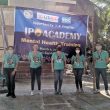USAID’s support to enhancing technical vocational education and training (TVET) in the Philippines is helping more marginalized youth have access to upskilling opportunities.
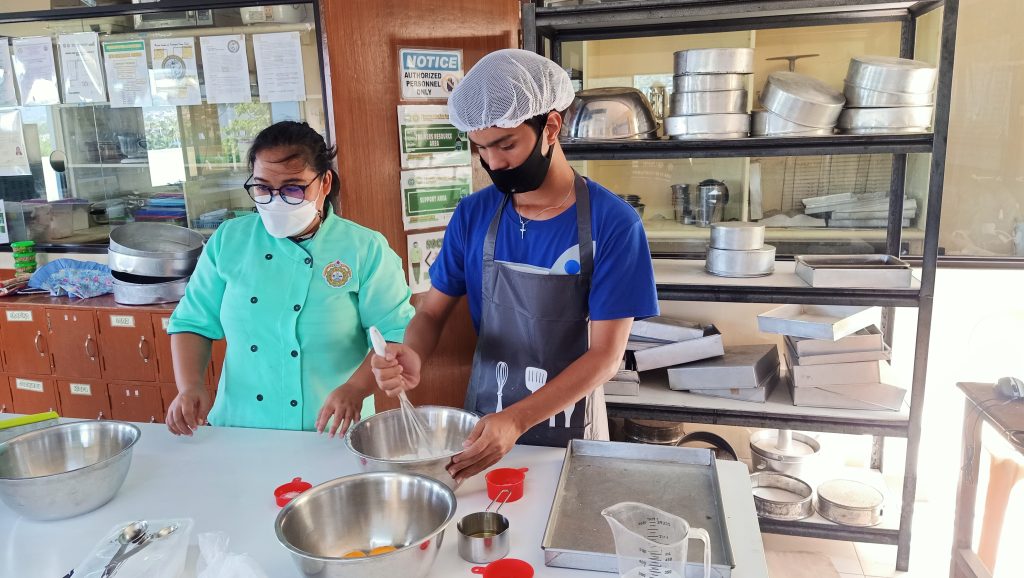
Wilson Godinez, 20, has always wanted to work in a hotel. This year, he took a step closer to his dream, as he starts his first year as a Hospitality Management student at the University of Visayas. “I’m very happy to be studying again. I learned a lot from [USAID Opportunity 2.0] and it encouraged me to finally go back to college,” he said.
Wilson lives in Cebu City, a bustling metropolis full of opportunities for young people in central Philippines. Growing up, he would miss out on many of these opportunities because of his orthopedic impairment and lack of confidence. In May 2022, Wilson was able to study and get nationally-certified in bread and pastry production because of USAID’s support to the online technical vocation education and training (TVET) program in the Philippines.
USAID supported the Philippine Technical Education and Skills Development Authority (TESDA) in revising its training modules to be online and self-paced. Instructors were also trained on delivering these new modules, tablets were loaned to learners, and community-based facilitators were engaged to support youth along their training.
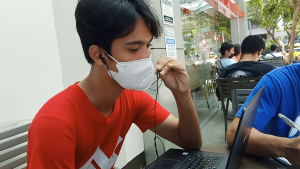
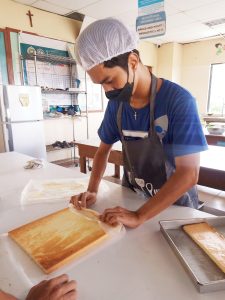
With tools and mobile load for internet connection provided, classes are held using a blended approach: there are weekly online lectures based on the student’s schedule as well as hands-on training with local training institutions are allies and champions of youth development in Cebu City. Lessons are holistic and youth are given the chance to interact with fellow learners, creating a support group among classmates.
This approach to online TVET and cooperation among local institutions that USAID introduced helped ensure youth like Wilson also have access to upskilling opportunities, with no discrimination based on physical appearance or disability.
Part of USAID support was adding work and business content to the TVET curriculum. Wilson had his knowledge of the industry and his personal development goals expanded. Many out-of-school youth struggle with confidence, but Opportunity 2.0 ensures learners are introduced to real-life situations and are taught the needed life skills to face them.
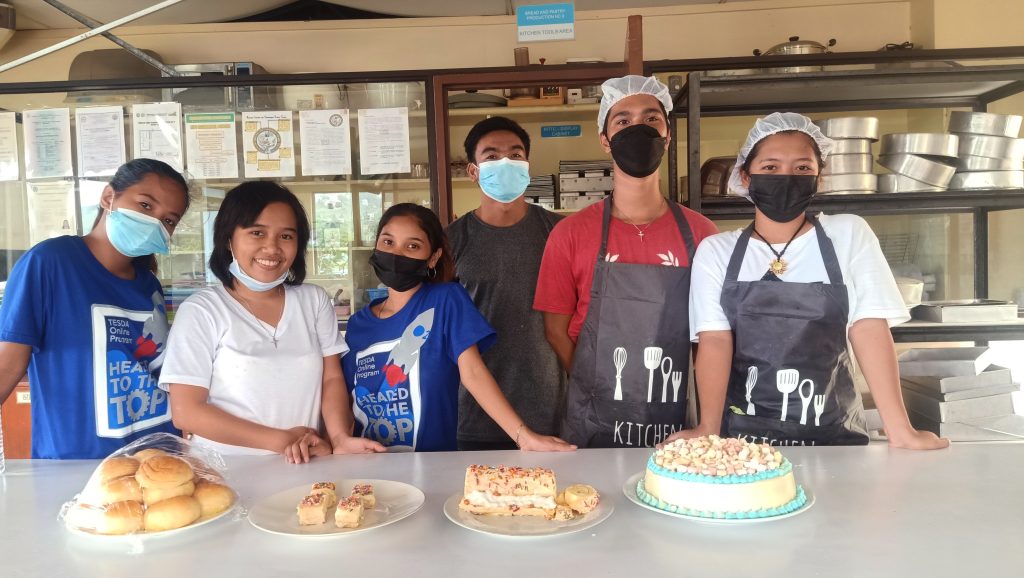
“I’m very happy because I met new friends. Joining this program helped boost my confidence and in dealing with challenges better,” said Wilson.
A few weeks after completing his TVET course and with a renewed sense of determination, Wilson enrolled in college taking up a bachelor’s degree on Hospitality Management.
To date, over 1,220 OSYs have completed TVET courses with USAID support, with a certification rate of 93 percent. USAID’s approach to online TVET in the Philippines will be continued by local TESDA Training Institutes and Youth Development Alliances led by City Governments across the country.




